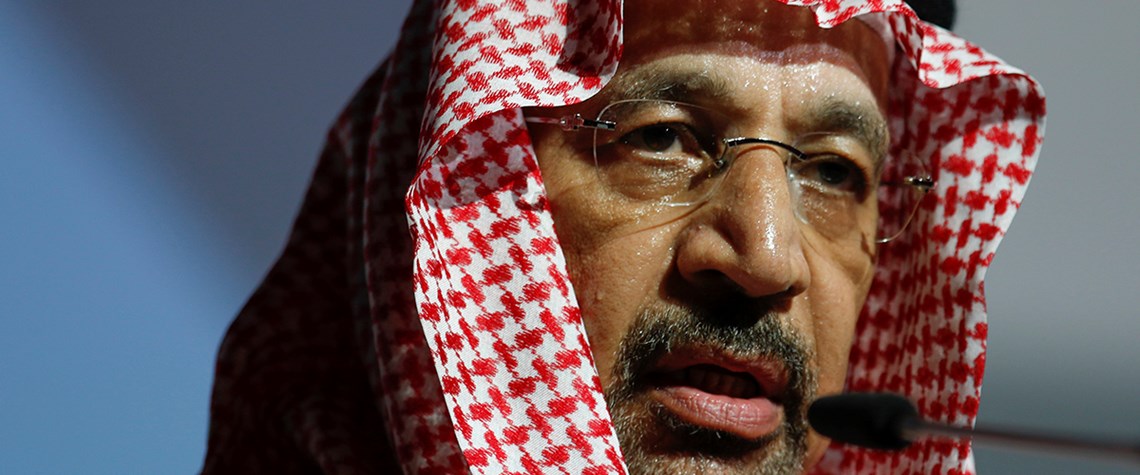Opec and non-Opec agree a rollover, with caveats
Cuts extended to end-2018, but with a built-in escape hatch—and an implicit threat to other producers
Saudi Arabia got what it came for in Vienna on 30 November—a nine-month extension to the cuts that would otherwise have expired in Q2 2018. It forced Libya and Nigeria to accept a cap on output. The revised deal will start from 1 January 2018 and remains a total removal of 1.8m b/d of supply from Opec and non-Opec. It secures Moscow's cooperation again, dispelling for another few months the doubts that had surfaced about Russia's commitment. "Supply is going to be fully adhered to," said Saudi oil minister Khalid al-Falih in the press conference after the meeting. "We won't expect the surprises, as we saw in 2017." Asked if the kingdom would be prepared to cut more deeply in 2018 to speed th

Also in this section
24 July 2025
Despite significant crude projections over the next five years, Latin America’s largest economy could be forced to start importing unless action is taken
23 July 2025
The country’s energy minister explains in an exclusive interview how the country is taking a pragmatic and far-sighted approach to energy security and why he has great confidence in its oil sector
23 July 2025
Gas is unlikely to assume a major role in Albania’s energy mix for years to come, but two priority projects are making headway and helping to establish the sector
22 July 2025
The gas-hungry sector is set for rapid growth, and oil majors and some of the world’s largest LNG firms are investing in ammonia production and export facilities, though much depends on regulatory support








